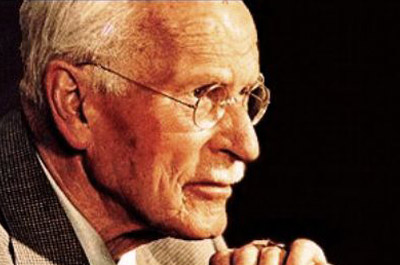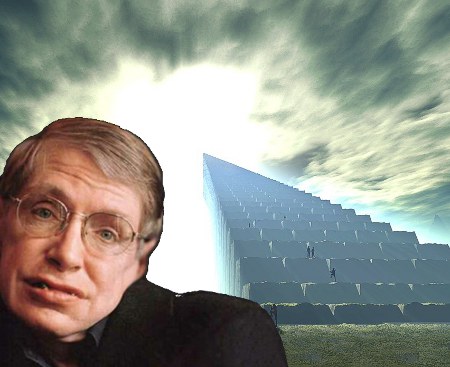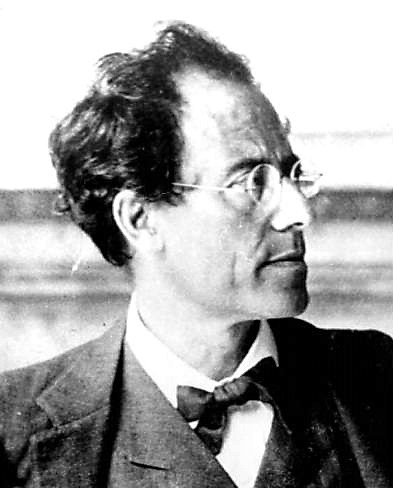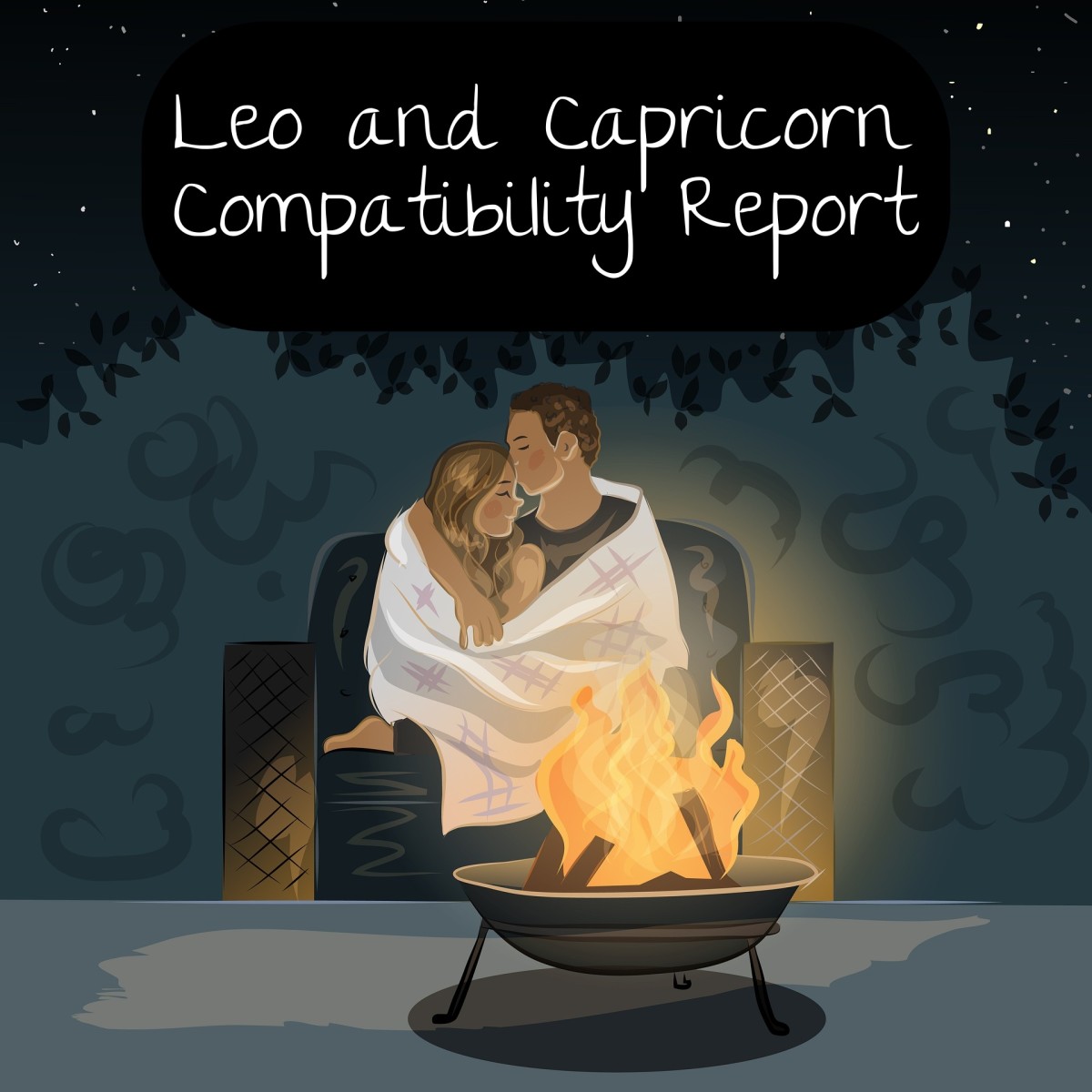A "Realistic" Approach Toward Life

Sadness
The amount of sadness that digs down deep into the marrow of your bones and buries its claws there seems to depend upon one's general level of optimism/pessimism/realism. I don't have to explain these terms to you. Even if you never had a formal education, you'd know how to distinguish one from the other instinctively.
Realist?
I tend to regard myself as a realist with a pessimistic pull. Thus, I find myself getting into those senseless arguments about whether human beings have a purpose, whether the universe has meaning, does our existence make any difference (other than to ourselves). But, I am getting better. As I've matured, I've taken a much less dramatic viewpoint about the big questions in life. More and more I can see that nebulous middle ground that is basically a huge question mark. I may still remark on my viewpoints, but more often I make no retort.
Silence
I remain silent -- not that I believe silence will speak for me, no. I remain silent because I'm at that place (some of you may know) where there is no point in making an argument. This is fairly misty-eyed territory. Once you start buying real estate on the "middle ground" and become some kind of "realist," many things you observe become almost heart-breaking. But, since even your own heart-break is a zero-sum solution, the silence becomes even more profound, and this creates a tremendous sense of isolation -- another pull toward sadness.
Meaning
There is no greater teeter-totter than the aspect of death with meaning vs. death with no meaning. I think this is the underlying story of the serpent in the Garden of Eden who tempts Eve to take into herself the concept of self-awareness/self-consciousness, which she shares with Adam. Self-awareness is God-like, but it comes at a tremendous price. As far as we know, we are the only species on Earth to have developed consciousness. Consciousness has allowed us to do great and terrible things. The amount of consciousness among us is not evenly divided. Some beings behave and react to life in what appears to be close to a near animal-level of unconsciousness. Others attain transcendental heights of awareness -- an amazing "oneness" with all of reality (and perhaps something beyond).
Buddhism
The suffering, the agony that man endures is what drove the Buddha to push himself to extremes to understand a way out of the dilemma. His success came when he was no longer moved by what appeared to be the basic duality of nature and the lack of a reconciliation between oppositional forces. From this the Four-Fold Path evolved, and the Buddha taught anyone who was interested in the way toward "enlightenment." Only those who have experienced enlightenment are really eligible to teach. It's interesting that the training offered by the masters begins by suppressing a student's thoughts, not piling them on as we do in the West.
Carl Jung
Carl Jung wrote that the best that Western man can do in following Eastern practices toward inner-peace is a kind of mimicry. Jung felt that the cultural influences were too different for the West to satisfactorily absorb the non-literal methods toward self-ascendancy. He wrote that Western man is born, bred and nurtured in an environment of analytics and scientific analysis and these tools were useless in the practice of spiritual awakening that was open to the people of the East who were able to accept and incorporate non-cerebral paths. Jung was a genius, so I tend to agree with what he wrote. But, I also see the limited benefits I've been able to attain by studying Eastern philosophies. (We cannot call them religions -- I guess -- because there is no requirement for a supreme being -- pantheistic or monotheistic.) For Jung, Western man/woman had best put his/her energies into immersing himself/herself into our own culture and the mysteries of the Judeo-Christian morality into which we are born that affects our conscious and unconscious behavior. My own thought on this is that it helps to approach a problem from an entirely different angle in order to gain insight, the benefit of comparison and generally gain some form of triangulation. The more one knows about philosophies and religions (past and present), the more tools one has to take Jung's difficult personal, analytical journey. If I'm not mistaken, I think Jung eventually accepted the existence of God.
Stephen Hawking
Stephen Hawking (probably the most revered of physicists alive today) doesn't believe in God, and he is also a genius. He sees nothing in the creation of the universe or any of the processes that followed -- such as the evolution of life -- as requiring anything beyond the elements and laws of physics intrinsically interwoven into the micro and macro universe. Hawking doesn't give a hoot about the supernatural (if one were to concede that anything is extraneous, i.e., supernatural to the observable and calculable universe).
Beyond Judgment
Well, it's fine that Buddha believed something, as did Jung, as does Hawking. But, if you aren't a hundred percent sure of anything, I think one ends up like me -- feeling sad when people devote so much hope and energy that seems questionable at best. Their enthusiasm seems child-like, their certitude seems adolescent, and their applied energies as adults often seem misguided and fraught with irrational thinking. I no longer feel like it is my place to say, "No, you are wrong or misguided." For better or worse, I am beyond judgment. My current thinking seems to flow along the hackneyed platitude of "whatever makes you happy." If an individual is happy in his/her thinking/beliefs, I have no desire or wish to unseat them with my own uncertainties. Yet, at the same time, I can feel immeasurably sad because they are clinging to a star -- a bright and shiny star -- but one that may just be a generational placebo for helping to describe the indescribable and live a conscious life with as little self-doubt and inner-misery as possible.
Music
Perhaps the medium by which we may bridge the gulf between Western dialectics and profound, individualistic Eastern experiences of enlightenment may reside with the primarily non-verbal great musical compositions of the West. In Beethoven's Ninth Symphony, one cannot listen to the composition without feeling that the individual spirit can triumph over adversity and that existence is an ecstatic jubilation. But, when one listens to Beethoven's later works, primarily the Grosse Fugue, one starts to get the sense that even this titan was beginning to become hamstrung by the inevitable end of life. The same is visible with Gustav Mahler whose eighth symphony is an exultation whereas the ninth and the partially completed tenth feel like expressions of a kind of serene abnegation. Both composers also happened to be geniuses, and their artistic endeavor to capture the allusive reconciliation between life and death point toward something tremendously beautiful -- however truncated and ... sad.













